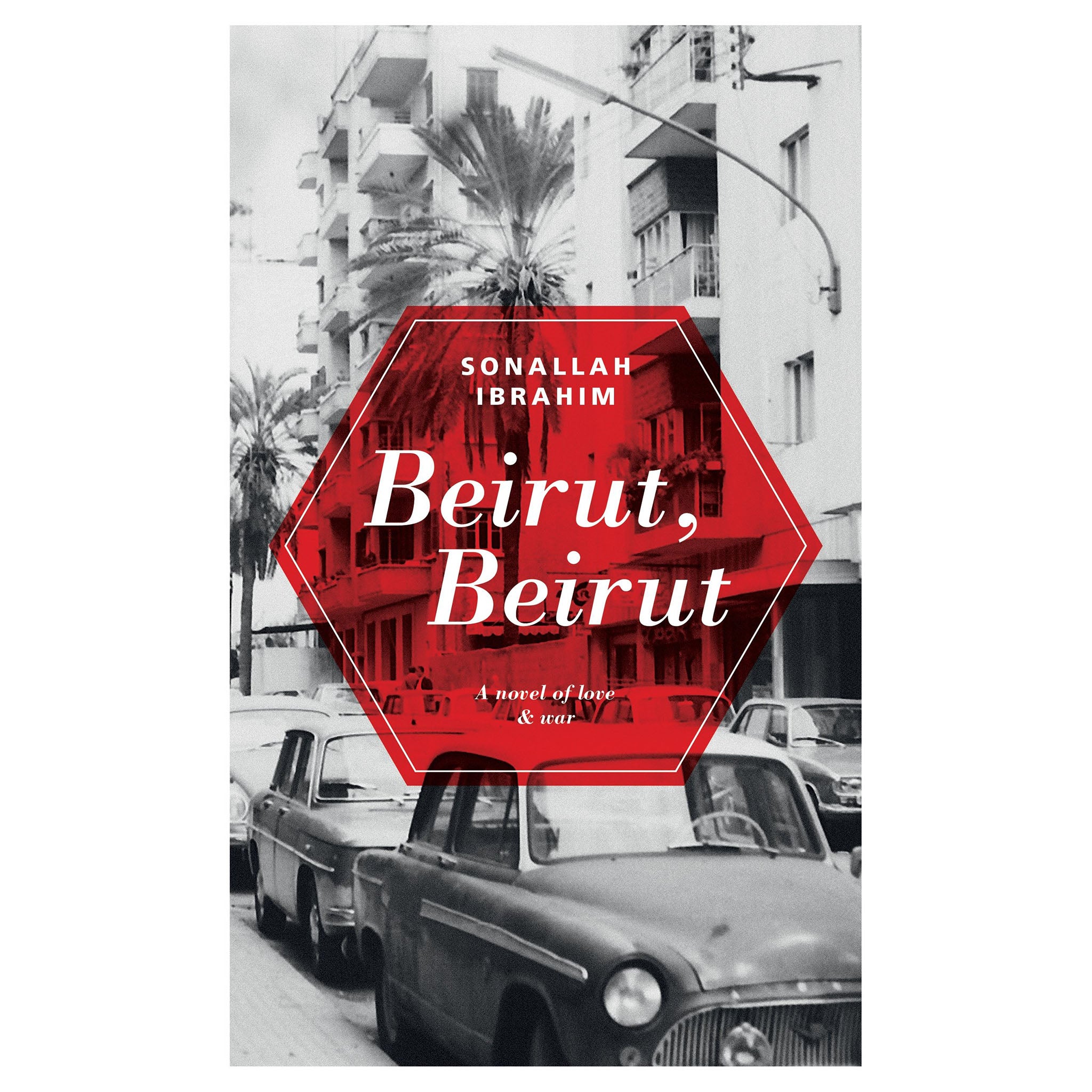Paperback reviews: From Beirut, Beirut to The Twilight Hour
Beirut, Beirut, now translated into English for the first time, describes a city under fire

Beirut, Beirut by Sonallah Ibrahim (Bloomsbury, £12.99)
Sonallah Ibrahim’s 1960s debut, That Smell, was a semi-autobiographical account of a newly released prisoner coming to terms with civilian life in downtown Cairo. At the time, the novel’s depiction of alienation and malaise caused ripples in Arabic literary circles. A later novel, Beirut, Beirut, now translated into English for the first time, describes another city under fire. Through the eyes of a nameless Egyptian writer, we’re given a journalistic overview of the prolonged Lebanese conflict with occasional glimpses into the narrator’s personal life. The novel closes with a violent sexual encounter.
The Twilight Hour by Nicci Gerrard (Penguin, £7.99)
Gerrard’s highly readable domestic dramas often bring a dash of well-judged gothic to the proceedings. In this one Eleanor Wright, now in her nineties and blind, is attempting to tidy away her life before her children stumble on anything they shouldn’t. She employs Peter, a student with a broken heart, to spend the summer sorting through her books, letters and other memorabilia. Gerrard portrays the developing relationship between the melancholic pair with characteristic tenderness. It’s only the novel’s opening chapter, featuring a deadly nocturnal river dip, that hints at more turbulent revelations to come.
Greed by Stewart Sutherland (Haus Publishing, £7.99)
“Greed is good”, so said Gordon Gekko in Wall Street, a rapacious sentiment that surely captures the spirit of the Thatcher-era that has since turned into a foundational pillar of our late Capitalist society. In this series of nifty little essays –the thinking person’s commuting read – Sutherland takes Gekko as his starting point but returns to the ideas of moral philosopher, David Hume, to evaluate its collective usefulness. Hume warned against it as a stealthy, violent and cunning impulse – “the most dangerous of the vices” for society. A dense and thought-provoking read for its 43 pages.
Subscribe to Independent Premium to bookmark this article
Want to bookmark your favourite articles and stories to read or reference later? Start your Independent Premium subscription today.

Join our commenting forum
Join thought-provoking conversations, follow other Independent readers and see their replies